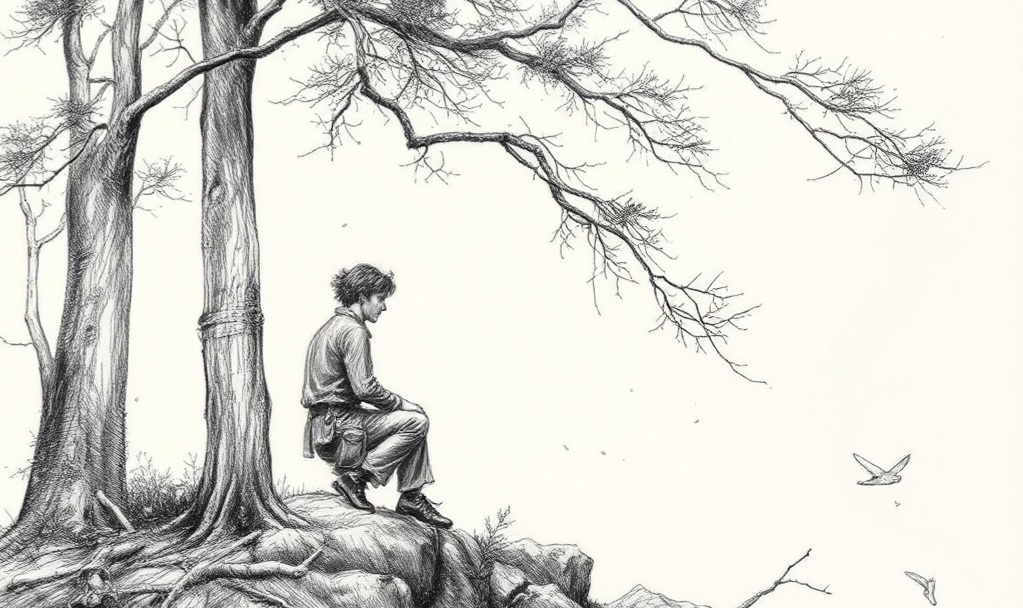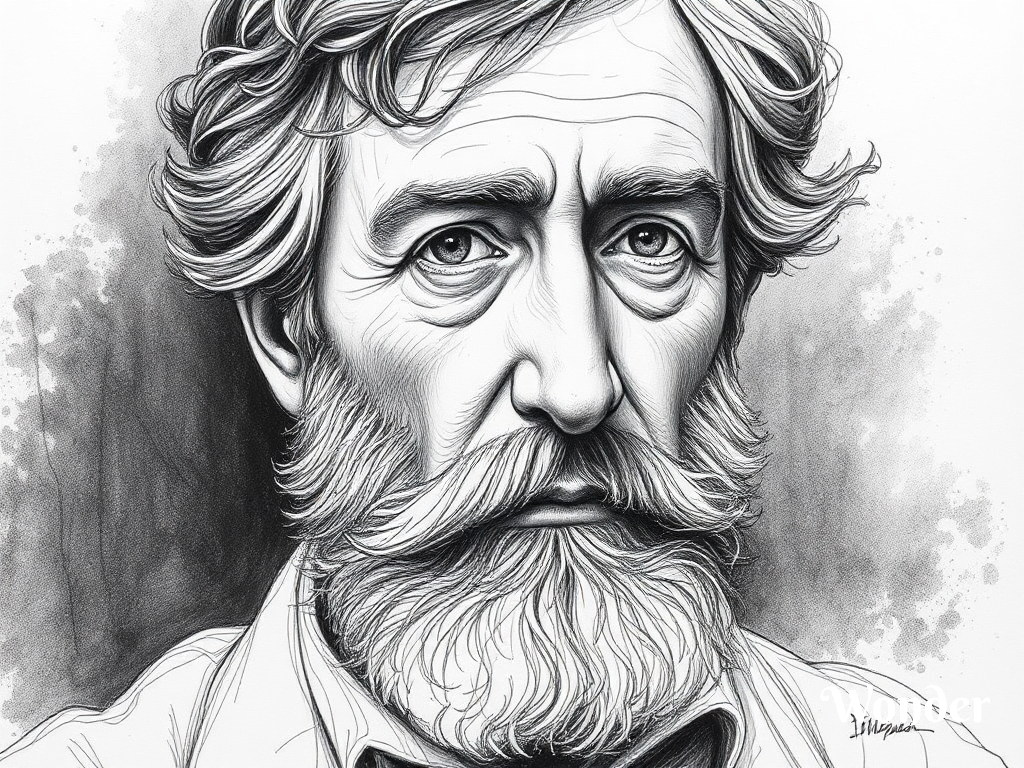Henry David Thoreau, the renowned American essayist, poet, and philosopher, is often celebrated for his deep connection with nature and his profound insights into the human experience. Among his many memorable quotes, “All good things are wild and free” stands out as a powerful declaration of the ideals that many people yearn for in their lives. This quote encapsulates a philosophy that promotes the beauty of nature, the essence of freedom, and the pursuit of authenticity.
The Essence of Wildness
At its core, Thoreau’s quote suggests that the most valuable aspects of life—such as happiness, creativity, and love—are often found in the wild, untamed elements of our world. Nature, in its purest form, is a source of inspiration and rejuvenation. The mountains, forests, rivers, and open skies serve as reminders of the beauty that exists beyond the constraints of modern society. Thoreau himself famously retreated to the woods of Walden Pond to live deliberately, seeking a life enriched by simplicity and nature.
In our current fast-paced world, where technology often dominates our lives, the call to reconnect with the wild is more relevant than ever. It invites us to step outside our comfort zones, embrace spontaneity, and appreciate the natural world around us. Whether it’s a hike in the mountains, a walk on the beach, or simply sitting under a tree, these experiences allow us to reconnect with ourselves and remind us of what truly matters.
The Power of Freedom
The second part of Thoreau’s quote emphasizes the importance of freedom. To be “free” means to live without the constraints imposed by societal expectations, preconceived notions, or material desires. It involves embracing our true selves and following our passions without fear of judgment. In a world that often prioritizes conformity, Thoreau’s message encourages individuals to seek their own paths and make choices that resonate with their innermost beliefs.
Living a life that is both wild and free is about letting go of the need for approval and embracing authenticity. It’s about pursuing what brings joy and fulfillment, whether that means pursuing a creative passion, embarking on an adventure, or simply choosing to live in a way that aligns with one’s values. The pursuit of personal freedom allows individuals to cultivate a sense of purpose and find true happiness.
A Dream Worth Pursuing
Thoreau’s vision of a life where all good things are wild and free is a dream that many aspire to attain. It speaks to our innate desire for connection—to nature, to our passions, and to our authentic selves. While societal pressures and responsibilities may make it challenging to fully realize this dream, there are steps we can take to incorporate its essence into our daily lives.
1. Reconnect with Nature
Spend time outdoors, whether through hiking, gardening, or simply enjoying a park. Nature has a way of grounding us and providing perspective.
2. Embrace Creativity
Allow yourself to explore creative outlets, whether it’s painting, writing, or music. Engaging in creative expression can foster a sense of freedom and joy.
3. Seek Authentic Relationships
Surround yourself with people who support your true self and encourage you to pursue your passions without judgment.
4. Let Go of Conformity
Challenge societal norms and expectations. Make choices that align with your values, even if they differ from those of others.
Conclusion
Thoreau’s quote “All good things are wild and free” serves as a timeless reminder of the beauty found in nature, the importance of freedom, and the pursuit of authenticity. It invites us to envision a way of life that transcends societal constraints, encouraging us to embrace our wildness and seek the good things that bring us joy. By striving to incorporate this philosophy into our lives, we can create a more fulfilling and meaningful existence—one that reflects the dreams we hold in our hearts. Ultimately, the path to a life that is wild and free may not always be straightforward, but it is undoubtedly a journey worth taking.





